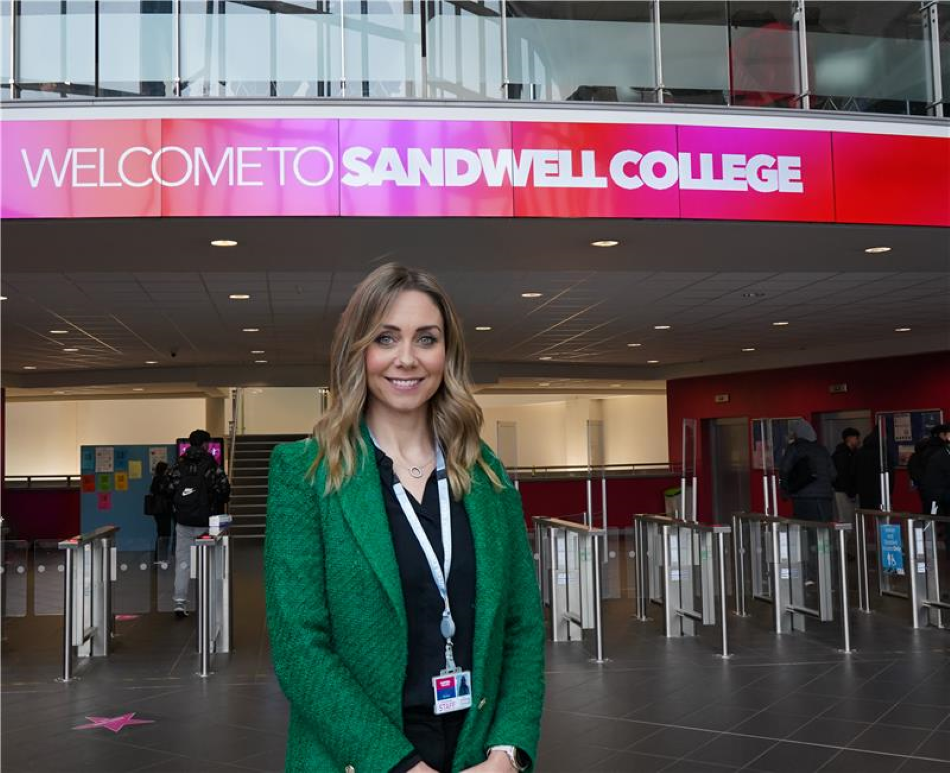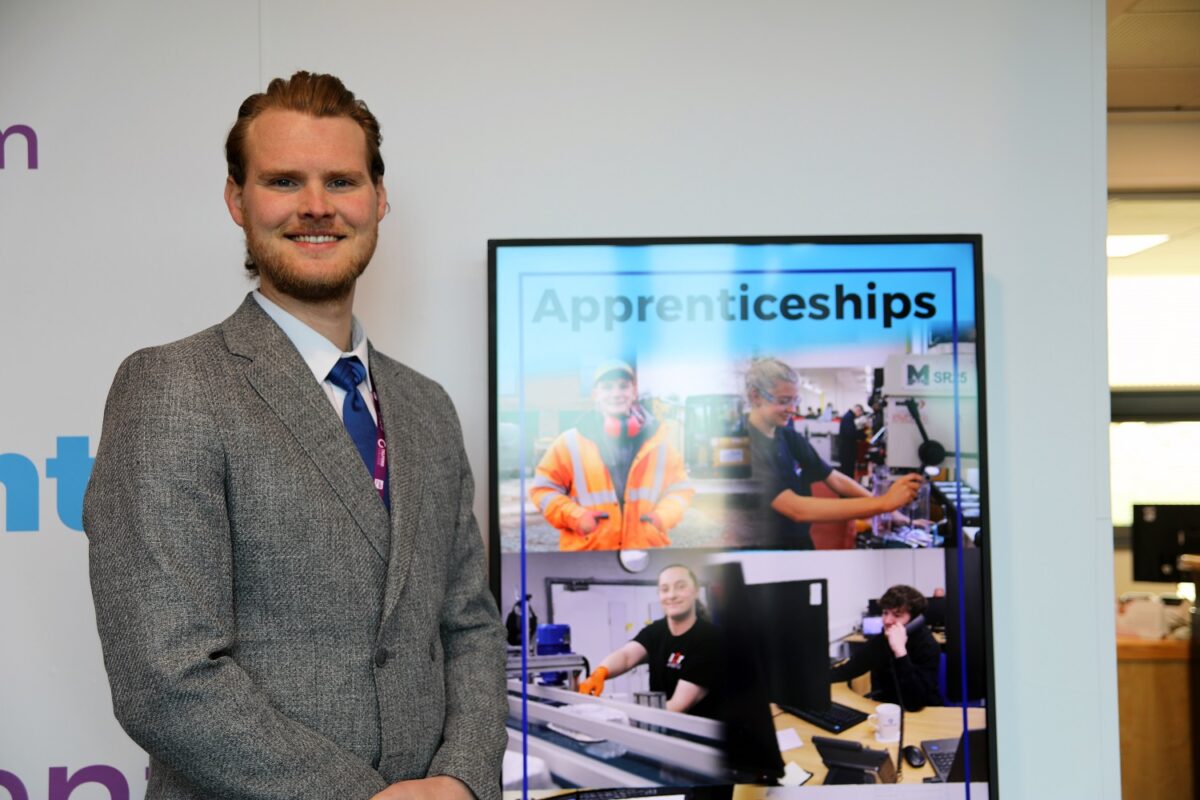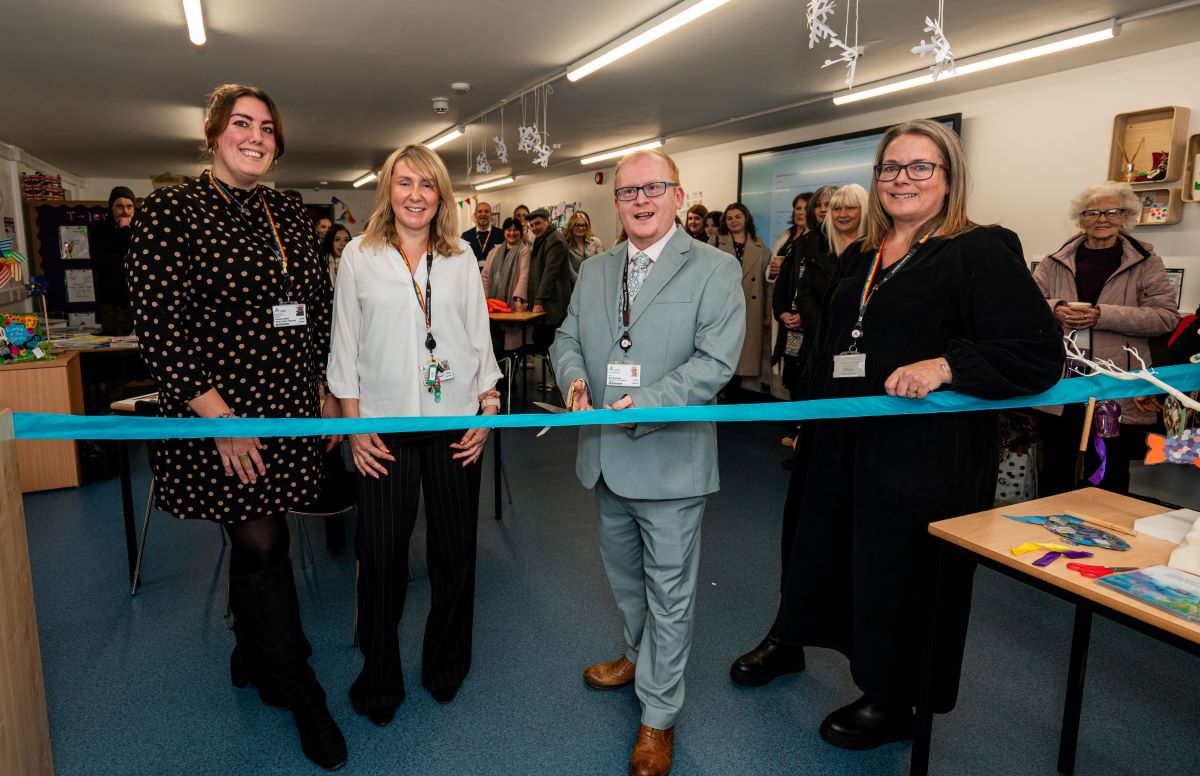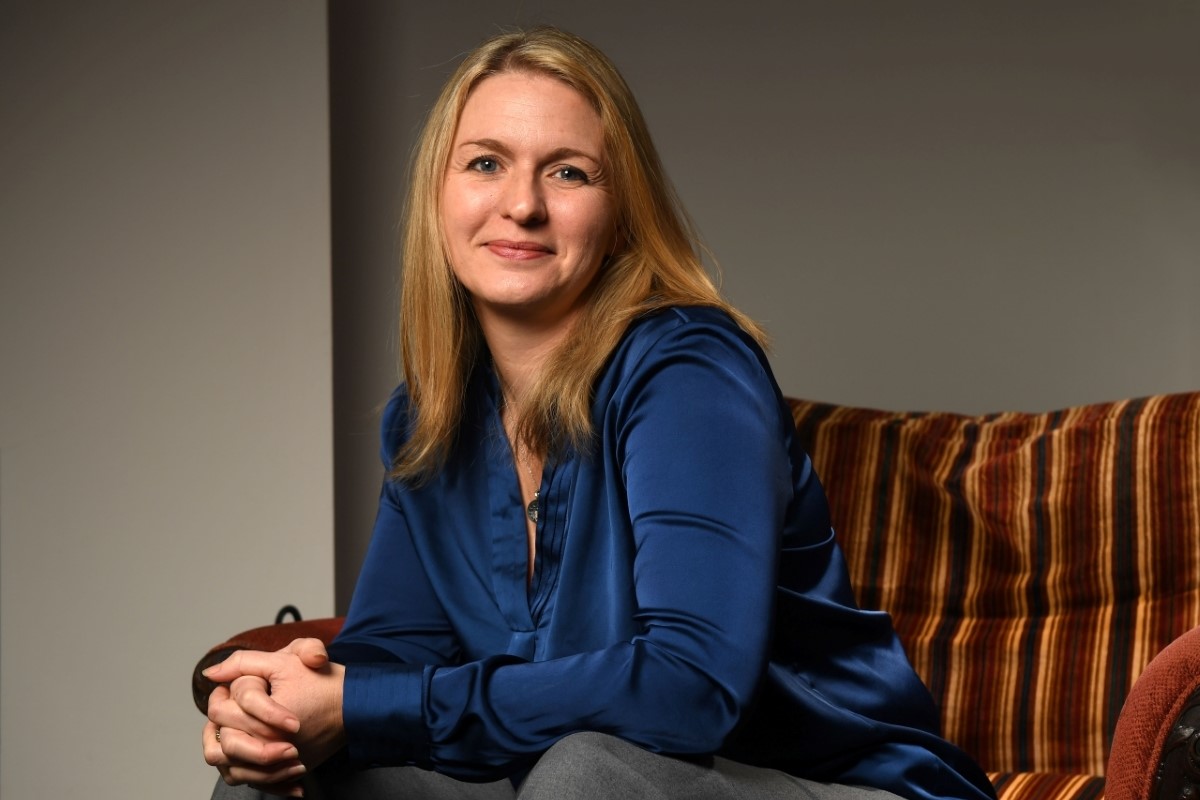University is not the only route to a professional career, says accountancy body AAT

As school leavers across England prepare to receive their exam results on Thursday 15 August and 22 August, a poll of 1,000 young people aged 14-18 reveals that 60% consider apprenticeships to be a valuable pathway to a career.
However, 59% still think that they need to go to university to get the job that they want, including 48.6% of young people who want to do a professional job.
Sarah Beale, CEO of the Association of Accounting Technicians, a qualified chartered accountant who started her career with the equivalent of an apprenticeship, comments:
“There remains a misconception that you need a university education in order to pursue a professional career, but we are starting to see a shift in perception around apprenticeships.
“Professional employers increasingly value the benefit that apprentices who are keen to learn on the job bring to their businesses. We know from our members, over 6,000 licensed accountants and bookkeepers around the UK, that they are looking for people who are real-world-ready and have the practical skills needed to hit the ground running in a fast-paced work environment.”
“There’s also a recognition of the skills that apprenticeships offer and the fact they can accelerate your career by putting you into the workplace immediately to develop the soft-skills needed to prosper, such as communication, initiative and leadership.”
Of the young people aged 14-18 surveyed by AAT 65% intend to go onto further study, of which 38% intend to go to university, 43% intend to enter further education and 15% intend to study an apprenticeship.
AAT also surveyed 1,000 parents of school leavers, revealing the perceived importance of qualifications and work experience. 60% agree that their child needs some kind of qualification to be successful.
Two thirds (66%) want their child to go to university with primary motivations being to give them the best opportunities in life, get a relevant qualification and ensure they have a successful career. Yet 47% don’t agree that a university degree is enough to get a job.
A similar number (65%) agree that on-the-job experience is important for their child’s long-term future” with 44% wanting their child to get work experience in the next three years.
Beale continues: “As many parents understand, a qualification is the foundation you need to start your career, but work experience is just as valuable. Apprenticeships are not the only route to this: vocational education pathways through local colleges and distance learning are also a viable pathway into professional careers, with flexible options available for those that need it.”
“I think young people recognise the breadth of options now available to them. It’s about finding the right fit. Getting on-the-job experience at 16 or 18 rather than waiting for your 20s can be a huge head-start.”
“Apprenticeships are now a first-choice route for many school leavers who could attend university if they want to, but with more than 600 different apprenticeship routes now available there are many more who could benefit from this pathway into a professional career.”
Case study: Grace Hardy, 21
Grace Hardy is an AAT-qualified accountant and business owner. After completing an accounting apprenticeship, she launched her own accountancy practice last year at the age of 21.
Following success on social media giving out financial advice through TikTok videos, she now also has her own Unconventional Podcast, where guests have included business leaders, successful apprentices and former Skills Minister Robert Halfon.
Hardy says:
“For anyone looking to run their own business in the future, I think it would be very difficult to do that without getting experience under your belt to build those foundations needed. An apprenticeship is almost a fast-track for that – in two or three years you can gain a wealth of knowledge, develop the skills that the modern working world requires, and then take that to pursue your passion.”











Responses